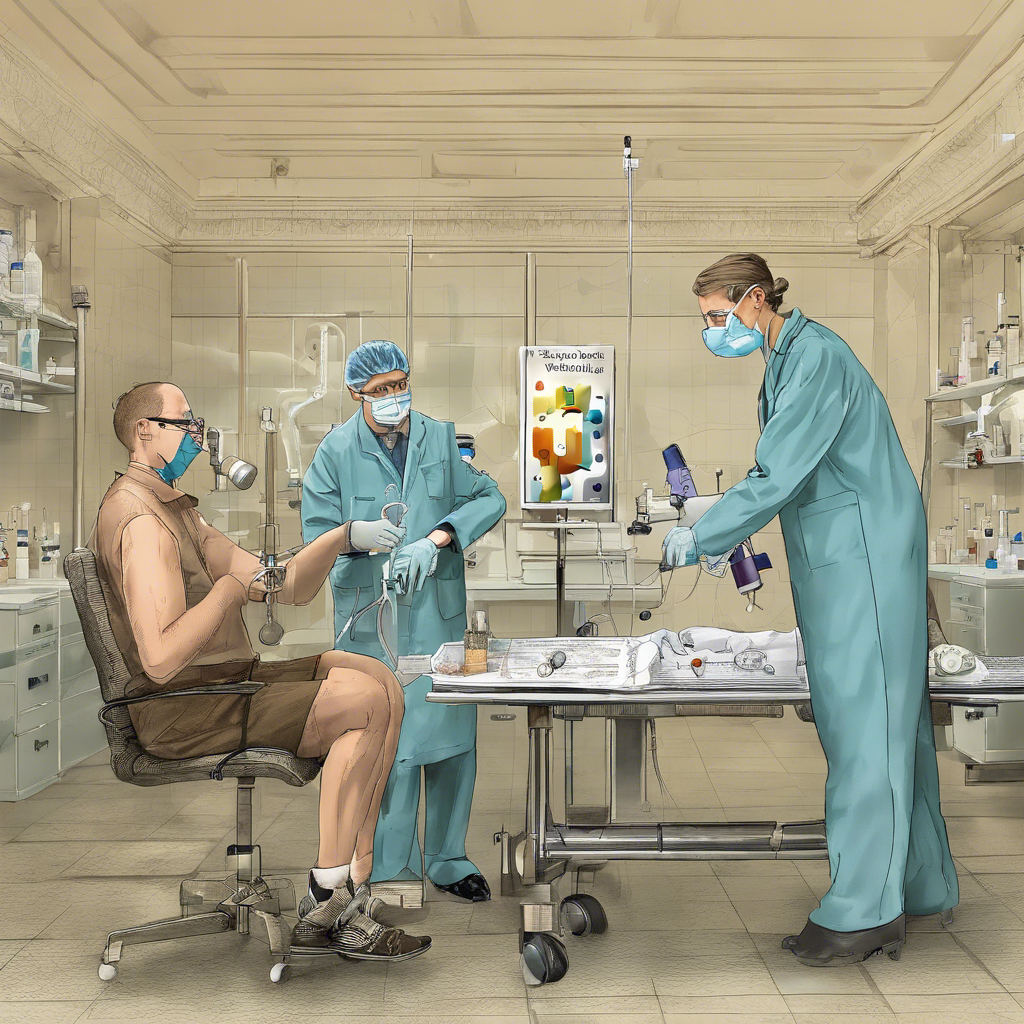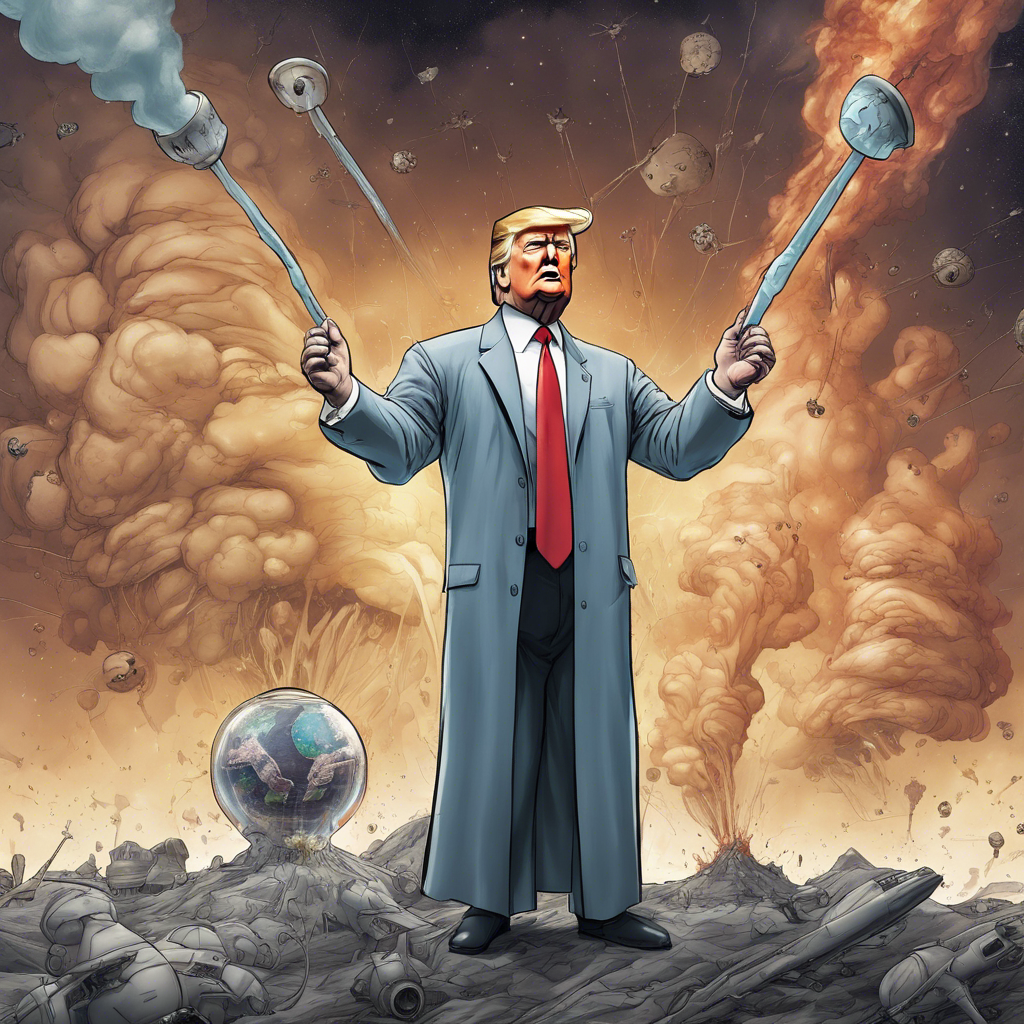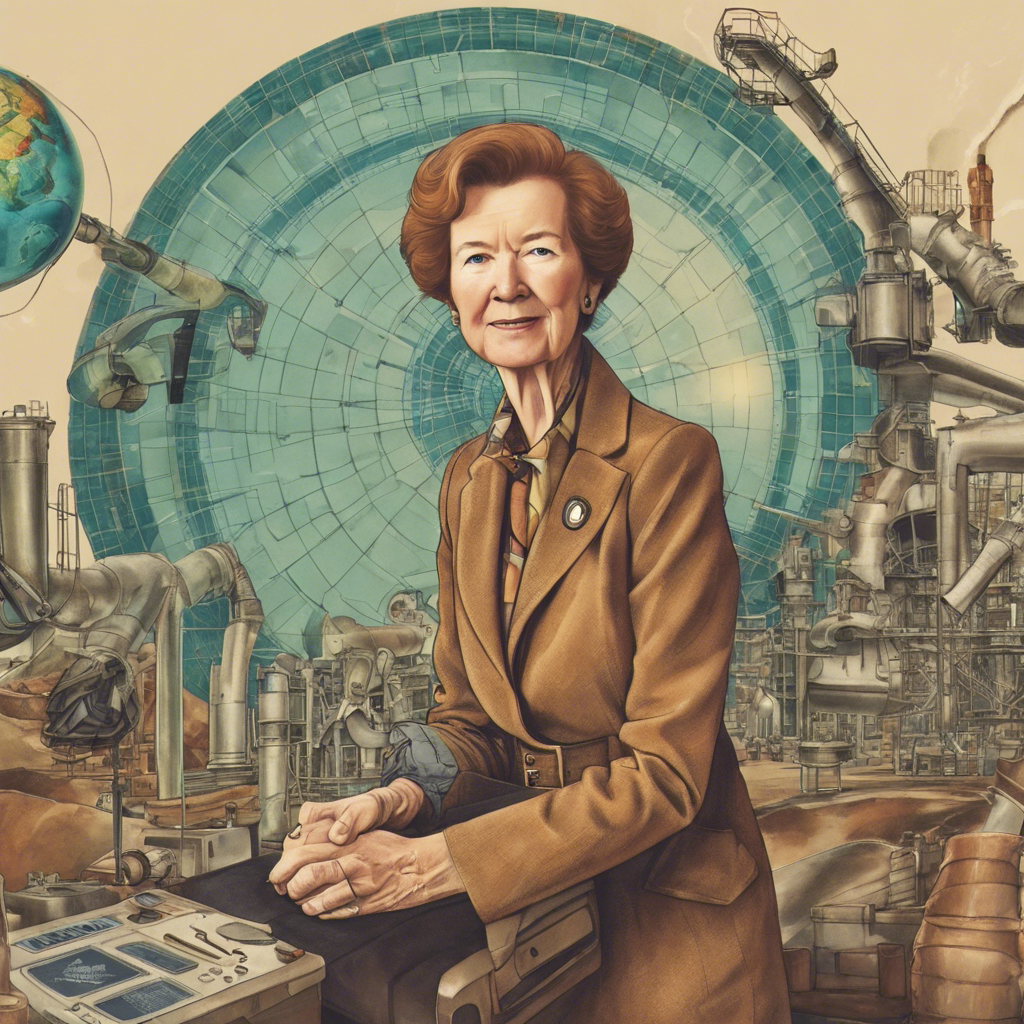Declining Trust in Science and Vaccines: A Troubling Trend

Americans’ trust in scientists and science-based interventions continues to decline, posing a threat to public health efforts.
As the world grapples with the fourth year of the COVID-19 pandemic, a concerning trend is emerging: declining trust in science and science-based interventions, such as vaccines. Recent surveys and studies have highlighted the erosion of trust in scientists, the impact of science on society, and the declining vaccination rates among both the general public and healthcare workers. This growing mistrust has significant implications for public health efforts and the fight against infectious diseases.
Trust in science has declined since the pandemic
A survey conducted by the Pew Research Center reveals that trust in science has significantly declined since the start of the pandemic. The survey examined the impact of science on society, trust in scientists, and how scientists compare to other groups. The results show that while the majority of Americans still believe that science has had a positive effect on society, the percentage has decreased by 16 points since the beginning of the pandemic. Furthermore, trust in scientists has also declined, with a significant drop in the percentage of Americans expressing a great deal of confidence in scientists.
Vaccination rates among children are declining
The decline in trust in science is mirrored by declining vaccination rates among children. A recent study published in the MMWR revealed that vaccination rates for routine childhood shots have not returned to pre-pandemic levels. The study found that vaccination coverage among kindergartners has dropped by 2% compared to pre-pandemic levels. Additionally, the study highlighted an increase in vaccine exemptions, with the highest exemption rate ever reported in the United States. These trends pose a threat to herd immunity and increase the risk of outbreaks of vaccine-preventable diseases.
Declining vaccination rates among healthcare workers
Another concerning trend is the declining vaccination rates among healthcare workers. Two studies published in the MMWR showed a decline in influenza and COVID-19 vaccination coverage among healthcare personnel. The studies revealed that vaccination rates among healthcare workers have dropped, with coverage for COVID-19 vaccines as low as 7.2% in hospitals and 22.8% in nursing homes. These low vaccination rates among healthcare workers not only put them at risk but also undermine public trust in vaccines and the healthcare system.
Factors contributing to declining trust in science and vaccines
There are several factors contributing to the declining trust in science and vaccines. The “infodemic” of conflicting information and misinformation surrounding COVID-19 has led to confusion and distrust among the public. The intentional spread of disinformation by certain groups has further eroded trust in science and scientists. Racial disparities in trust, historical abuses in medicine, and politicization of scientific issues have also played a role in the declining trust.
The way forward
To address the declining trust in science and vaccines, there is a need for improved science communication and public engagement. Scientists and healthcare professionals must effectively communicate complex scientific concepts to the public, using clear and accessible language. Building trust requires transparency, honesty, and acknowledging past mistakes. It is crucial to address the concerns and doubts of the public, while also countering misinformation and conspiracy theories. Collaboration between scientists, policymakers, and community leaders is essential to rebuild trust and ensure the success of public health interventions.
Conclusion:
The decline in trust in science and vaccines is a deeply concerning trend with far-reaching implications. Rebuilding trust requires a multifaceted approach that addresses the root causes of this decline. By improving science communication, countering misinformation, and fostering collaboration, we can work towards restoring public confidence in science and science-based interventions. Failure to do so risks undermining public health efforts and leaving communities vulnerable to preventable diseases.










